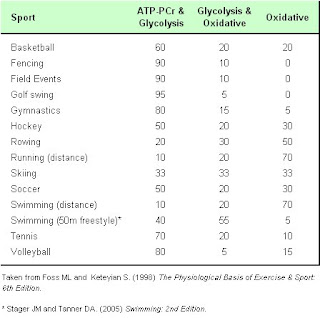The Cardiovascular System's Response to Acute Exercise
The cardiovascular system's response to acute exercise can be discussed in many ways. It has plenty of response's to this exercise. This is the system that circulates blood and lymph through the body, consisting of the heart, blood, lymph and the lymphatic vessels and glands. A response to this exercise may be the Anticipatory heart rate. The Anticipatory Response is when the heart rate increases at the beginning of exercise. The heart rate can be changed by chemicals by neurotransmitters , called adrenaline and nor adrenaline which are released and found in the brain. These neurotransmitters are the chemicals found and released from the brain which allow an impulse from one nerve cell to pass to another nerve cell. These chemicals tell the heart to get ready for exercise therefore there is an increase in beats per minute, heart rate increases. By increasing our heart rate our body begins to supply oxygen and nutrients for our working muscles. Another response ...

